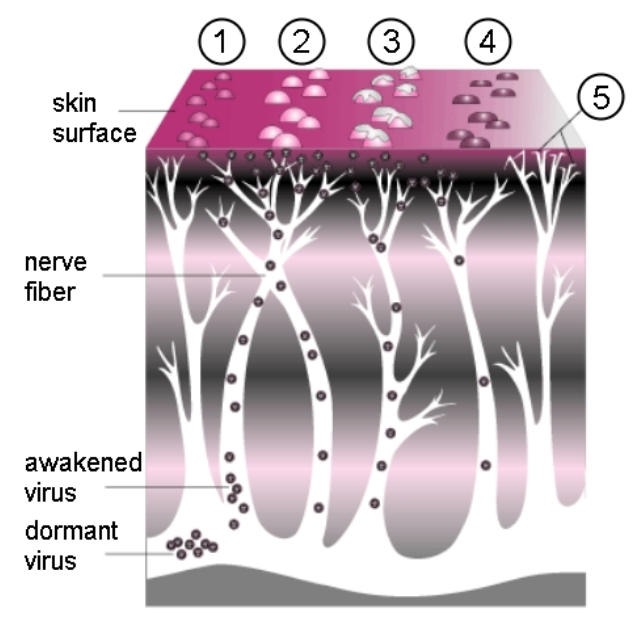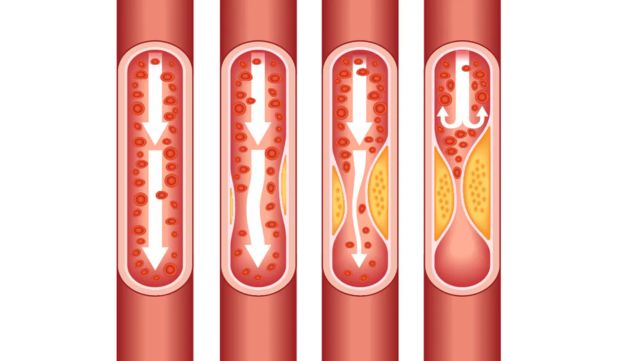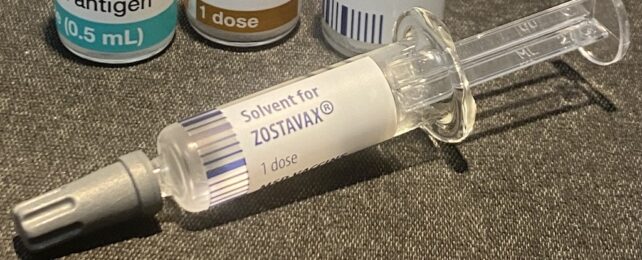A new study highlights a perhaps unexpected way to reduce your risk of cardiovascular disease: getting vaccinated against shingles.
Cardiovascular disease – involving the heart or blood vessels – is by far humanity's leading cause of death. It kills about 18 million people globally each year, mostly via heart attack or stroke.
While this is a daunting public health problem, medical science has revealed ways to lower risk: A heart-healthy diet helps, as do exercising daily, getting enough sleep, managing stress, and avoiding smoking.
According to the new study, covering data on more than 1.2 million people in South Korea over the age of 50, those who received a shingles vaccine showed a 23 percent lower risk of cardiovascular events overall.
This protection lasted for up to eight years, with the greatest reduction in risk observed two to three years after vaccination.
The effect was more pronounced in men, people younger than 60, and those with unhealthy behaviors such as smoking, drinking alcohol, or inactivity.
A shingles vaccination is already widely recommended for adults over 50 to protect against the viral disease, known for its painful skin rash and blisters.
Shingles is caused by the varicella-zoster virus – the culprit behind chickenpox. After people recover from chickenpox, typically in childhood, the virus can remain dormant in nerve cells for years or decades, then abruptly reactivate.
The immediate effects of shingles are bad enough, but while the rash usually fades in a few weeks, the disease can be insidiously persistent, explains pediatrician researcher Dong Keon Yon from Kyung Hee University in South Korea.
"Shingles causes a painful rash and can lead to serious complications, especially in older adults and those with weak immune systems," Yon says. "Research shows that, without vaccination, about 30 percent of people may develop shingles in their lifetime."
The most common complication is long-term nerve pain that can last for months or years. Shingles near the eyes can also lead to vision loss, and some people develop lasting neurological problems.

Recent research suggests shingles also raises stroke and heart attack risk. "In addition to the rash, shingles has been linked to a higher risk of heart problems, so we wanted to find out if getting vaccinated could lower this risk," Yon says.
The researchers merged data from several South Korean government agencies, ultimately studying more than 1.2 million people. Spanning 2012 to 2021, this included information on vaccination status as well as cardiovascular health and other relevant factors.
Vaccinated people had a 23 percent lower risk of cardiovascular events overall, including a 22 percent lower risk of coronary heart disease, a 26 percent lower risk of heart failure, and a 26 percent lower risk of a major cardiovascular event like stroke or heart attack.
"The shingles vaccine may help lower the risk of heart disease, even in people without known risk factors," Yon says.
That would be big news if confirmed, but makes sense given what we know about shingles' short-term effects on the cardiovascular system.
"A shingles infection can cause blood vessel damage, inflammation, and clot formation that can lead to heart disease," Yon explains. "By preventing shingles, vaccination may lower these risks."

One of the largest and most comprehensive of its kind, the study has some limitations, the authors acknowledge. The sample lacks diversity, since all subjects are from South Korea.
"While we conducted rigorous analysis, this study does not establish a direct causal relationship, so potential bias from other underlying factors should be considered," Yon says.
The study only addresses the live zoster vaccine, which uses a weakened form of the virus. There's also a recombinant subunit vaccine for shingles, featuring just a viral protein, that's increasingly prevalent in many countries.
In addition, previous research suggests both shingles vaccines may also protect against dementia.
The study was published in the European Heart Journal.
